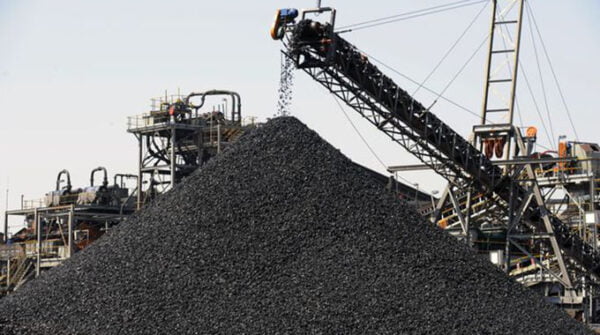Coal mines seek USD payment from Zesa

Coal miners are seeking US dollar payments for supplies to power utility Zesa citing high operating costs and failure to access foreign currency on the auction system.
Energy and Power Development Minister Zhemu Soda confirmed that the coal producers recently approached the Government requesting to be paid in foreign currency.
About 90 percent of coal produced by local miners is consumed by local power stations.
“They want Zesa to pay in foreign currency because they are not getting enough from the auction system,” said Minister Soda. “They need to import fuel, consumables and spares. It is something that we are looking at but for now we are trying to see if they can access RTGS fuel.”
The price of coal is pegged at US$30 per tonne, payable at the official exchange rate.
Coal Producers Association chairman Linos Masimura confirmed requesting US dollar payments for coal supplies.”We have sent the request and we are waiting for feedback,” he said.
“But as it is, the viability of the coal miners is seriously eroded.” Almost everything (costs) is US dollars; fuel, consumables, spares and now labour.“
He added that Zesa was also failing to pay on time.
In the latest mining survey published recently, miners said access to forex was expected to be challenging in light of the reduced foreign currency retention levels from exports, loss of value through the 40 percent central bank exports surrendered portion, disqualification of mines from the auction market and delays in payments.
Apart from delayed payments, coal miners say they are incurring huge exchange losses due to the huge disparity between the official exchange rate at $105: US$1 and the black market rate at around $200.
“Coal producer responses indicate that they are facing payment delays for coal delivered to Zesa, highlighting that the delays are resulting in working capital constraints,” said executives in the coal mining industry who participated in the survey.
Coal remains the dominant energy mineral for Zimbabwe. The country boasts of vast reserves of coal particularly in the north-west and southern parts of the country.
Meanwhile, Minister Soda said Zesa needed a cost reflective tariff to be viable.
Finance and Economic Development Minister Mthuli Ncube recently hinted that power consumers should brace for a substantial increase in electricity price after the Government said it will adopt a cost recovery tariff in 2022 to allow ZESA to raise enough money to maintain its generators and invest in new projects.
This comes as Zesa, which generates over 90 percent of the country’s electricity needs, has raised concerns over sub economic tariffs, saying it is crippling its operations.Minister Ncube said a cost reflective tariff was in line with the Government’s decision to streamline subsidies.
“Zesa requires a tariff level that provides for maintenance of existing infrastructure, as well as investments in new capacity,” Minister Ncube said.
“While efforts are underway to improve on governance, the Government’s thrust is to achieve a cost recovery tariff in 2022, guided by the cost-of-service study (CoSS) findings by the World Bank. This is also in line with the Cabinet decision to streamline subsidies.”


